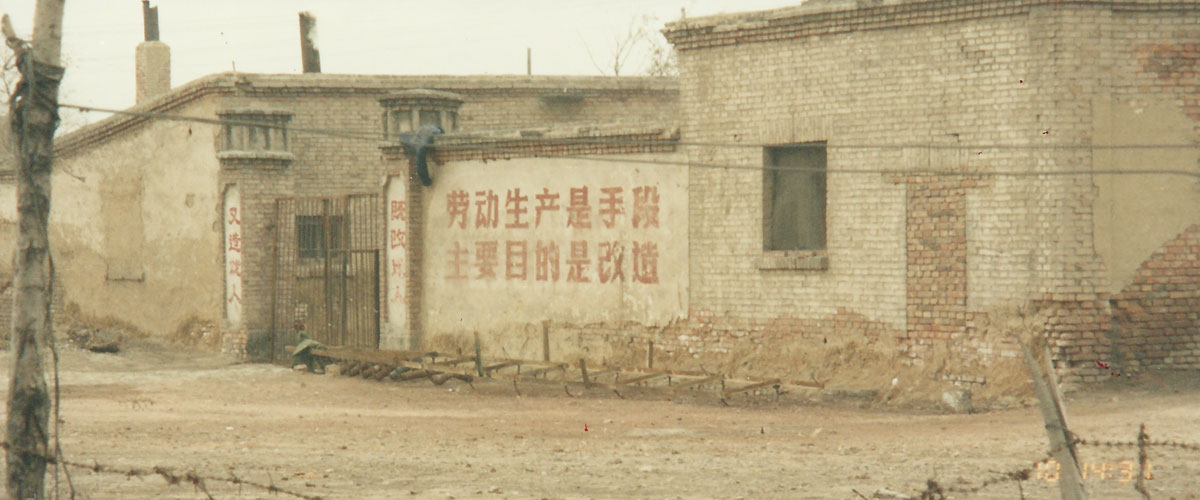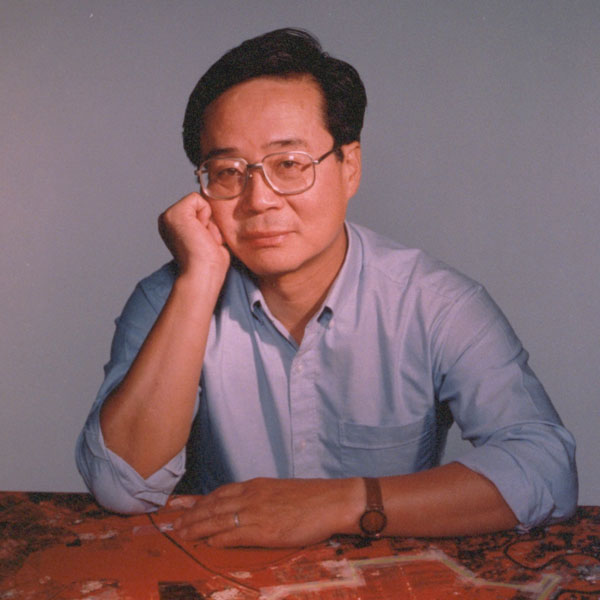
The mission of the Laogai Research Foundation (LRF) is to commit primarily to support and facilitate the work concerning the brutal and exploitative prison system historically known as Laogai in the People’s Republic of China. The LRF also allocates resources to expose any other human rights abuse in China as well. By supporting political and religious victims, assisting practical and research activities on political repression in China, and promoting democratic movement in China and abroad, the LRF aims to spur international pressure on the Chinese Communist regime and ultimately bring human rights abuses China to an end.
Board of Directors

Harry Wu
Harry Wu was a political prisoner in the Chinese Laogai system for nineteen years, jailed after being labeled as a counter-revolutionary rightist by the government. Originally from Shanghai, he was part of the so-called bourgeoisie class and was a university student in Wuhan before he was unjustly imprisoned, without a trial. He spent much of his time working in extremely treacherous conditions in a prison mine. While in prison, his family fell apart and he lost the prime years of his life.
After he was released, he decided that he still had no secure future in his homeland and he went to the United States to become a visiting professor at the University of California, Berkeley. He became a U.S. citizen and began making trips back to China posing as a businessman. Under this guise, he gained access to prison factories and was able to secretly photograph the conditions he found.
In 1992 Harry Wu founded the Laogai Research Foundation to gather information and raise public awareness about human rights violations in China’s prison system. Wu’s efforts to document the atrocities of the Laogai gained the attention of news media and he appeared on 60 Minutes to tell the story of the Laogai system. Because of his endless efforts, the Oxford English Dictionary added the word “laogai” in 2003. In 2008, he founded the Laogai Museum in Washington, DC to serve as a repository for evidence of Laogai abuses and further bring it to the world’s attention.
Harry Wu died in 2016. Since Mr. Wu’s unfortunate death, the LRF has reconstituted leadership. Now the LRF board includes scholars and human rights activists who are all working as volunteers.
